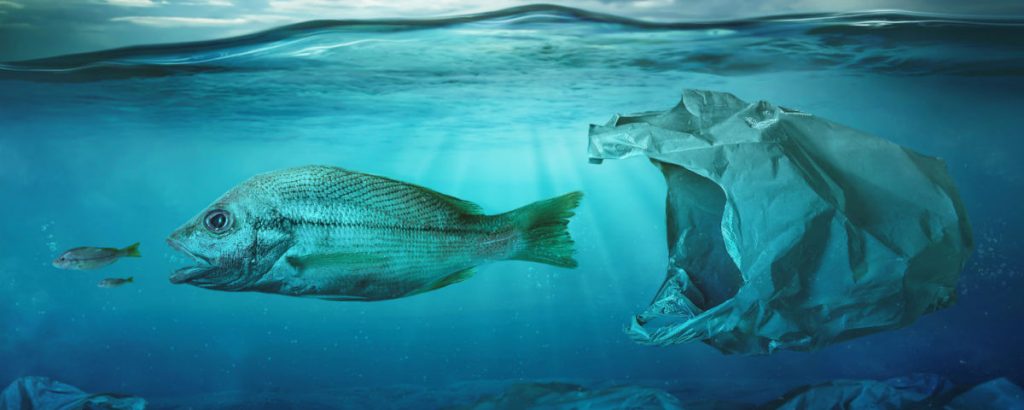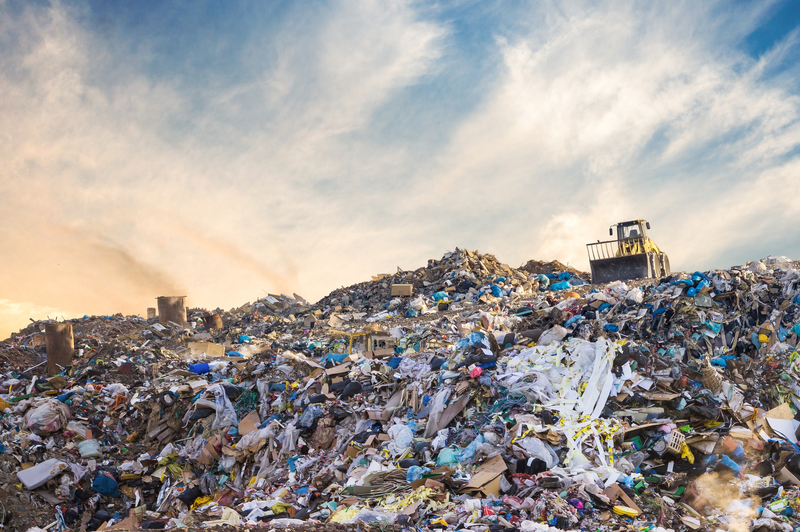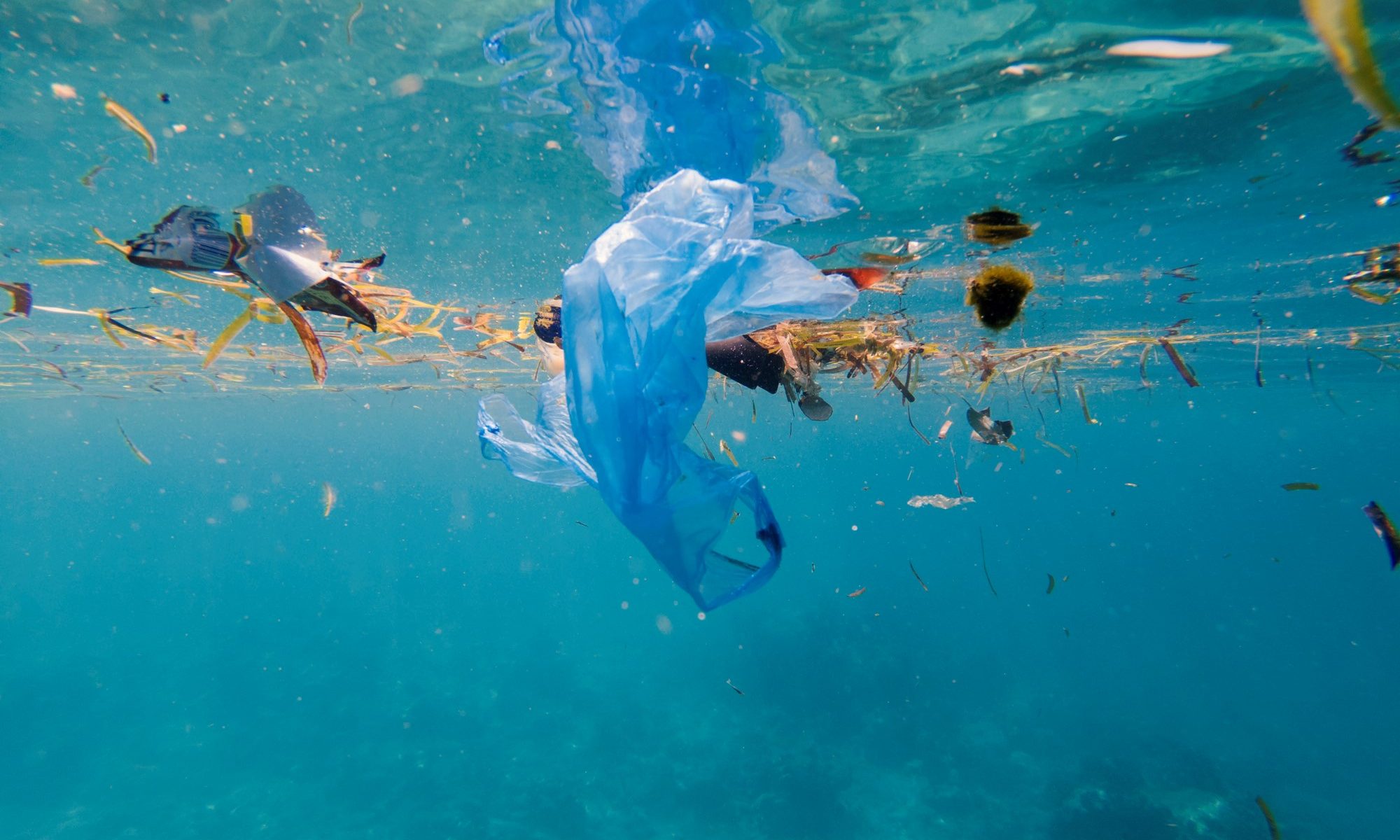Why do we pollute water if it is life? We pollute waterways by discharging hazardous chemicals and trash into them, whether they be rivers, oceans, or lakes. The aquatic ecosystem, water, and the people who eat proteinous species are all affected by this human wrongdoing.
Water scarcity has been connected to water pollution. Millions go without clean water every day because we don’t care what we’re dumping into waterways and how destructive it is.
Is There Anything We Can Do To Lessen This Threat?
Cleaning Chemicals Should Be Used Less Frequently
Because detergents containing phosphates kill aquatic species and generate a bloom of algae, choose eco-friendly cleaners. However, eco-friendly detergents still clean your clothes while causing the least amount of harm to rivers and oceans.
Reduce Your Consumption of Water
Water pollution is both harmful to the environment and a waste of valuable resources when we contaminate it. For example, the water we use in our houses is treated at great expense before being delivered to our taps. As a result, it is important to conserve water in order to preserve it. Showering instead of bathing is a time-honored custom. Never leave the water running unattended. Give up the daily ritual of hand-washing your clothes, as well.
By implementing all of these measures, not only will water shortage be avoided and aquatic habitat be preserved, but other valuable resources will be conserved as well.
Proper Disposal Of Medications
It is preferable to dispose of unused prescriptions through proper channels rather than flushing them away. Due to the presence of substances that are harmful to water, it is vital to do so.

Avoid Using Pesticides And Herbicides On Your Garden
Pest and weed control with pesticides and herbicides may be beneficial for your house and farm, but it is extremely harmful to waterways. When it rains, those chemicals are drawn up by the soil and contaminate the groundwater, which then pollutes the environment and drinking water.
Use biological methods to control pests, such as those involving the use of natural pest antagonists.
Avoid Recreational Activities That Pollute Water
If you’re a gun enthusiast, try to keep your time at the rifle range to a minimum. Having an AR-15 rifle that you can fold up and take to your target practise session may be a guilty pleasure, but there is more to it. Many gun-related toxins can end up in groundwater, where they end up affecting people’s health. As a result, the longer you stay away from these shooting ranges, the slower the pathogens will spread.
Don’t Flush Anything Down The Toilet
Another polluting bad habit is flushing household things down the toilet. Chlorine, the chemical that gives toilet paper its white colour, is deposited into the local water supply when toilet paper is flushed down the toilet. It is important to properly dispose of your cleaning disposables such as tissue paper, rags, and many others.
Maintaining A Vehicle
Oil leaks from vehicles and other modes of transportation that aren’t properly maintained are a problem. Groundwater would be contaminated as a result.
If you take care of your automobiles, you can avoid this kind of accident. In addition to preventing water pollution, this preventative approach also reduces air pollution, which contributes to it.
Everywhere, Implement These Practises
To minimise water contamination, don’t limit yourself to just your own home! Make these behaviours a part of your daily routine at work or in any other area where you spend time.
Make an effort to reduce any behaviours in your company that contribute to water contamination. Make it a team effort, please. You may help reduce pollution by working together with your coworkers, friends, and family members. As a result, kindly carry the others along.
Make ideas to your institution, for example, concerning eco-friendly cleaning products. Additionally, you can create warning signs to dissuade people from contaminating water sources. Put these signs up in places like your school restroom, office restroom and so on.
Remember that water contamination is always being caused by climate change as well as the exponential growth of the world population, leading to an increase in water-borne diseases. In order to reduce water pollution, you need do more. The greater our health, in general, the safer our waterways, wells, and aquatic life are. As a result, assume responsibility for putting these ideas into action. There are more people who aren’t contributing to the problem, but are instead helping to fix it.


